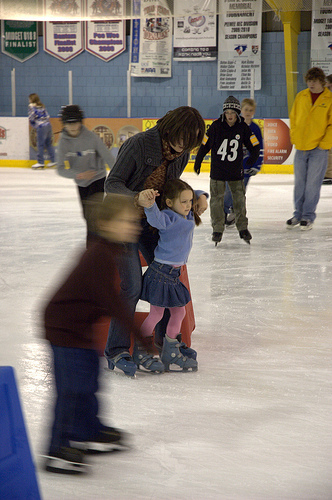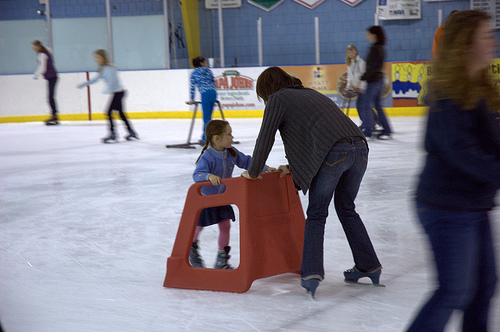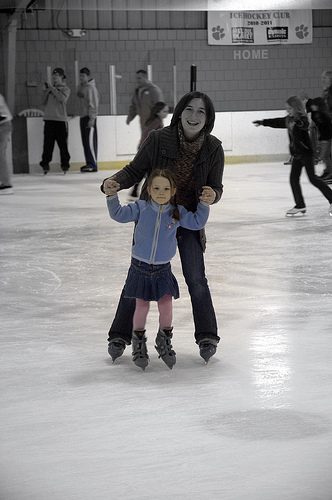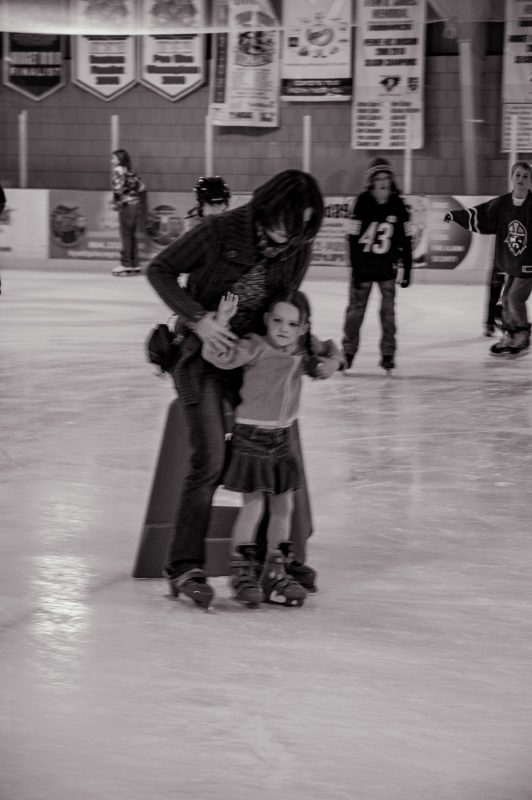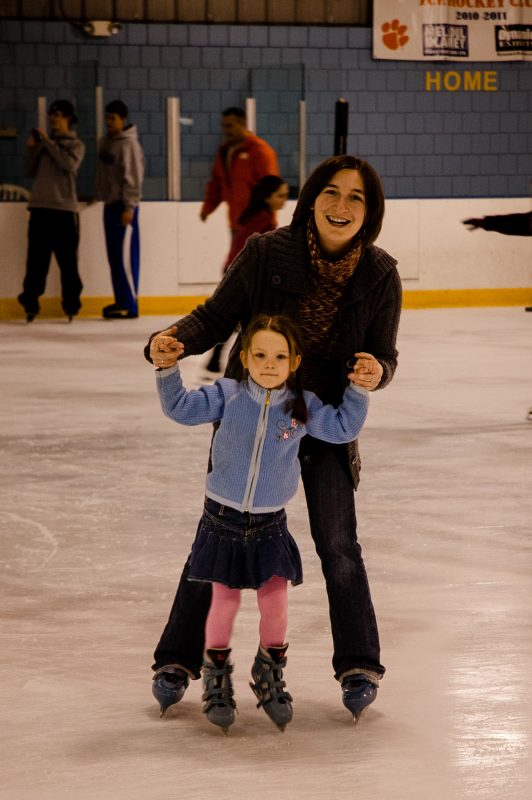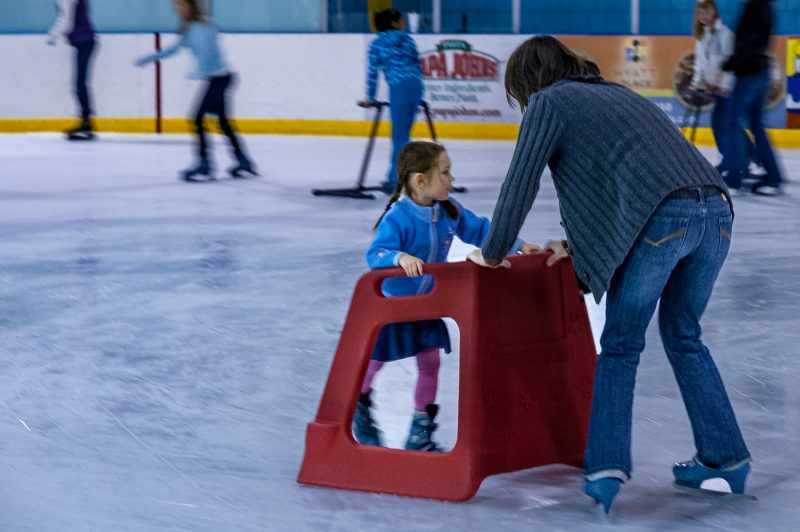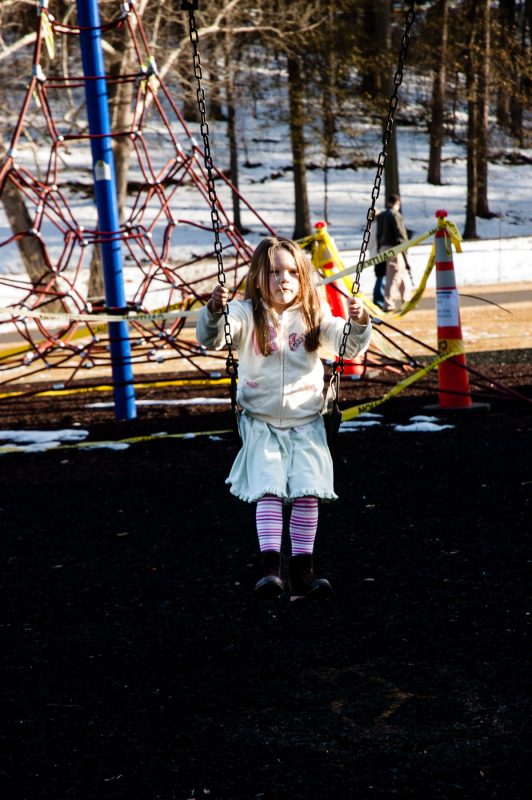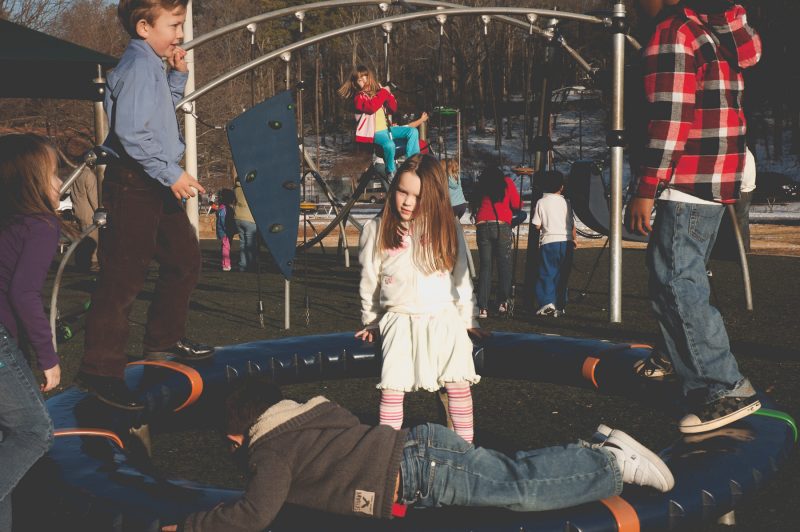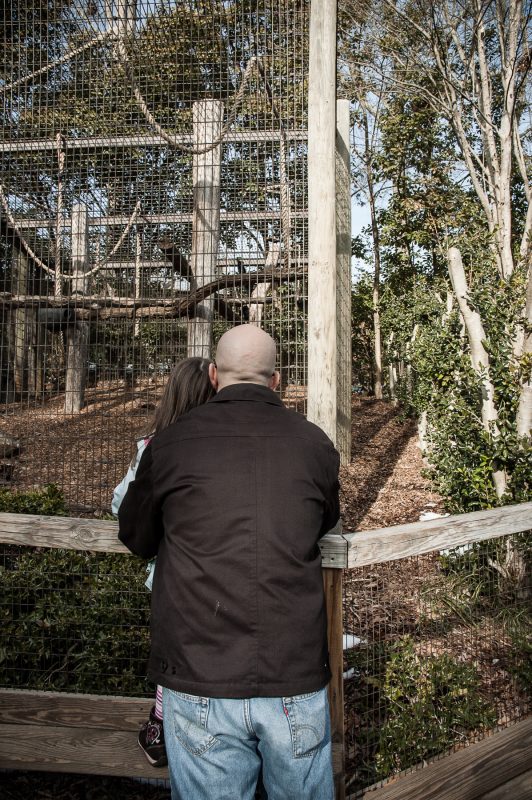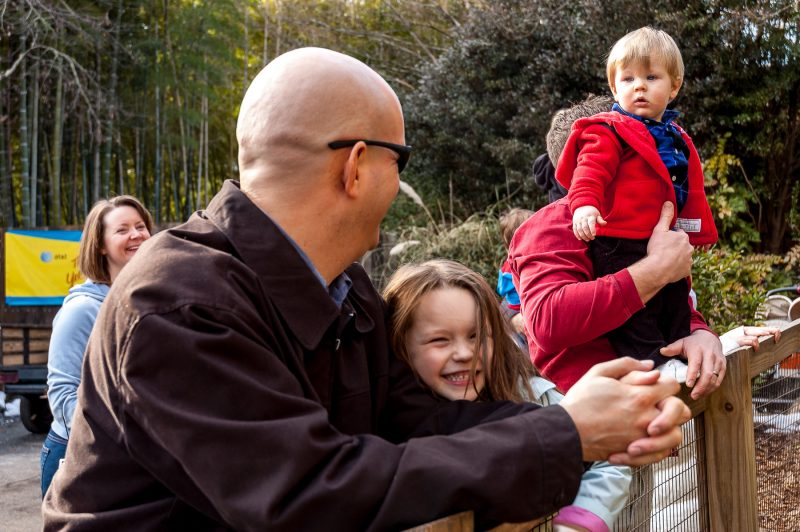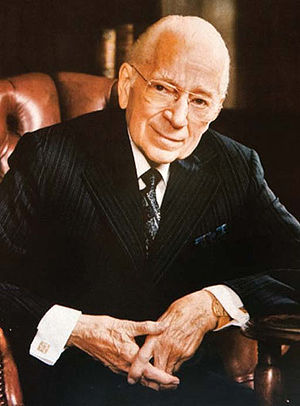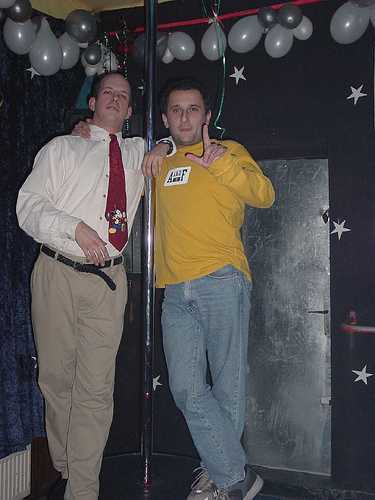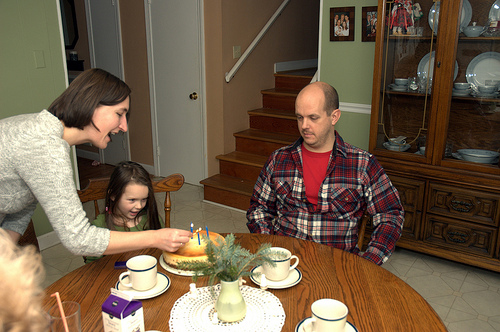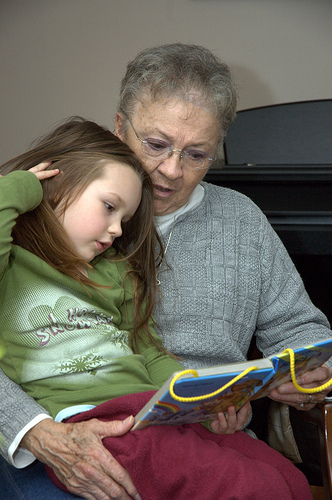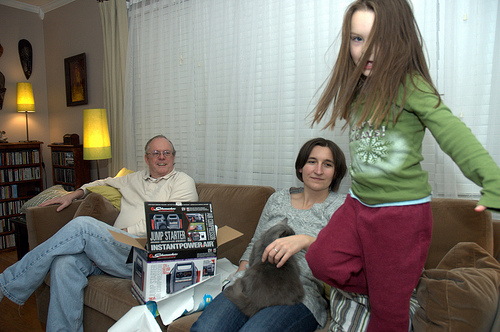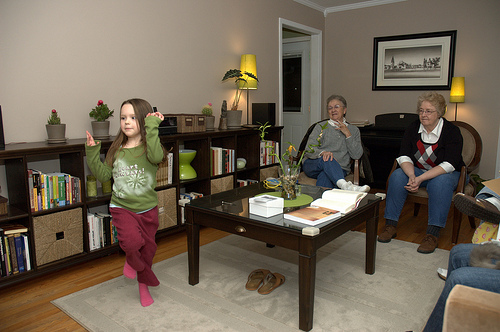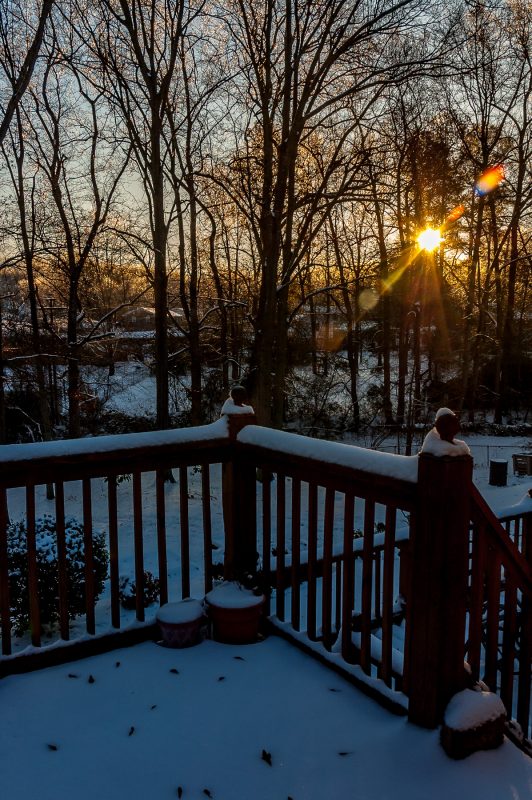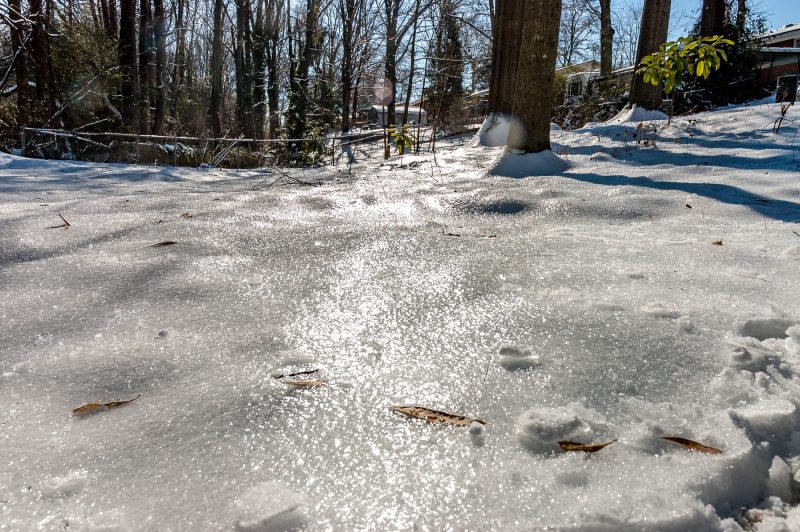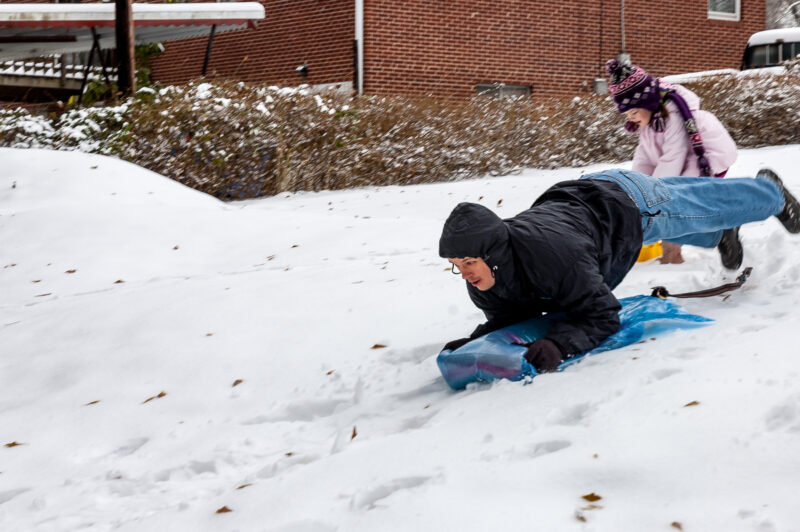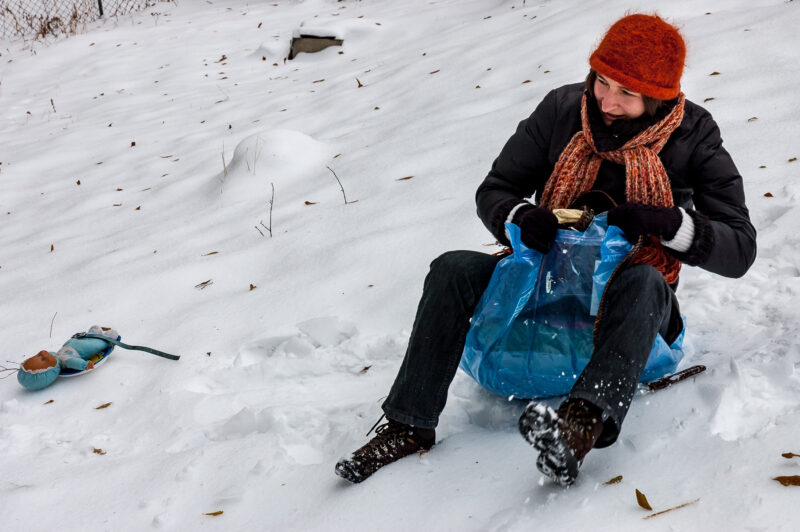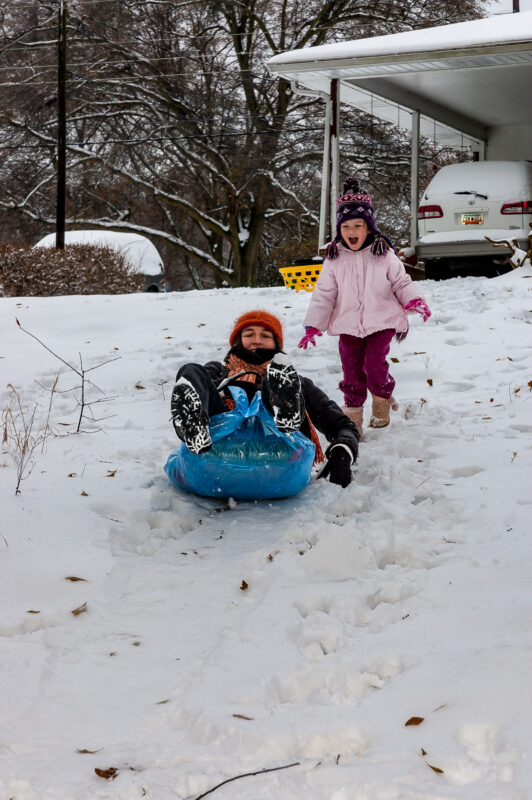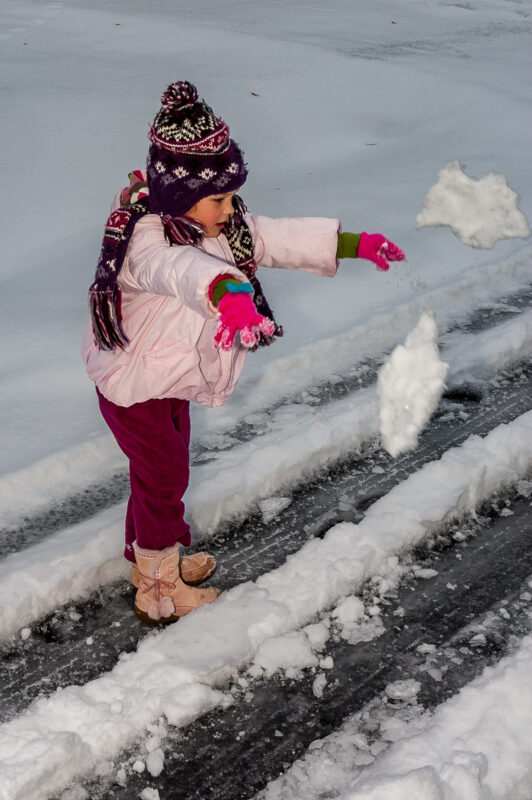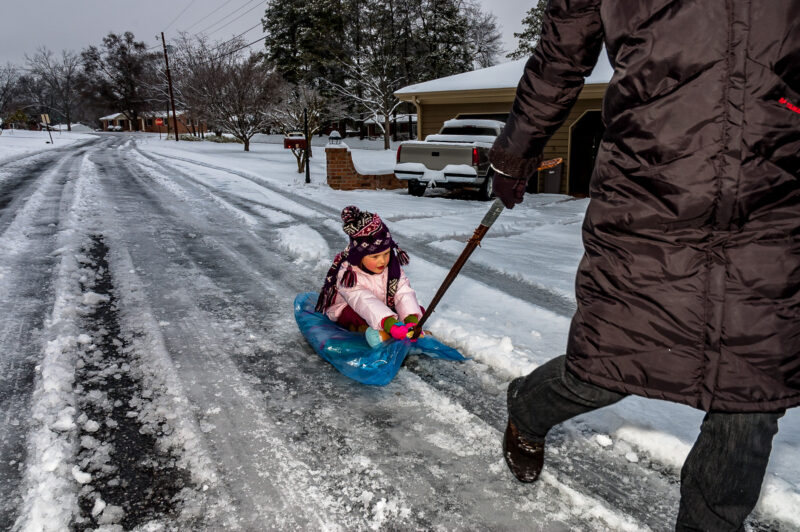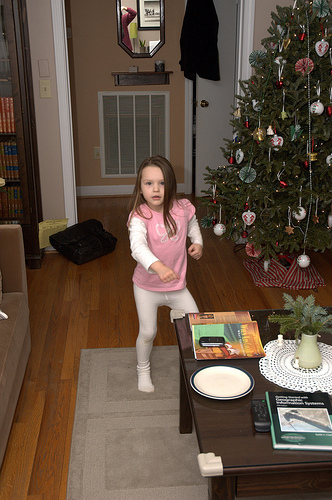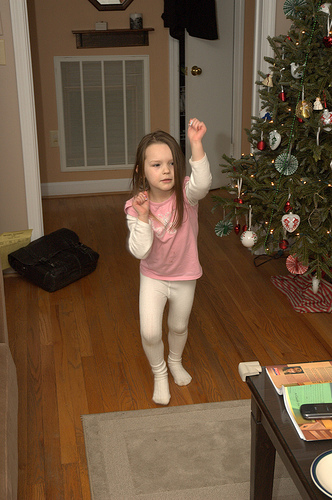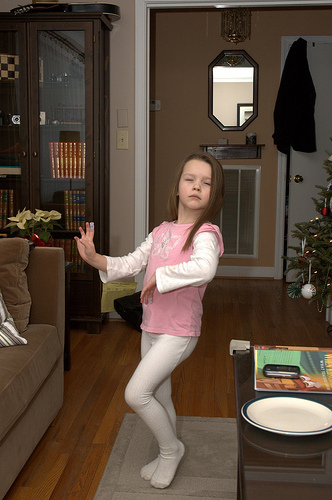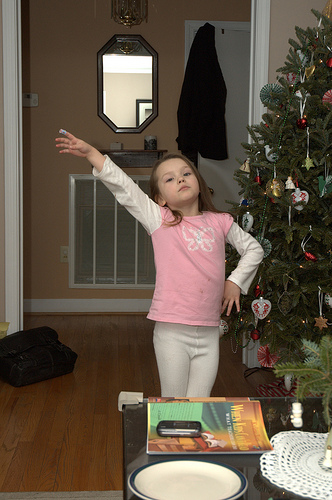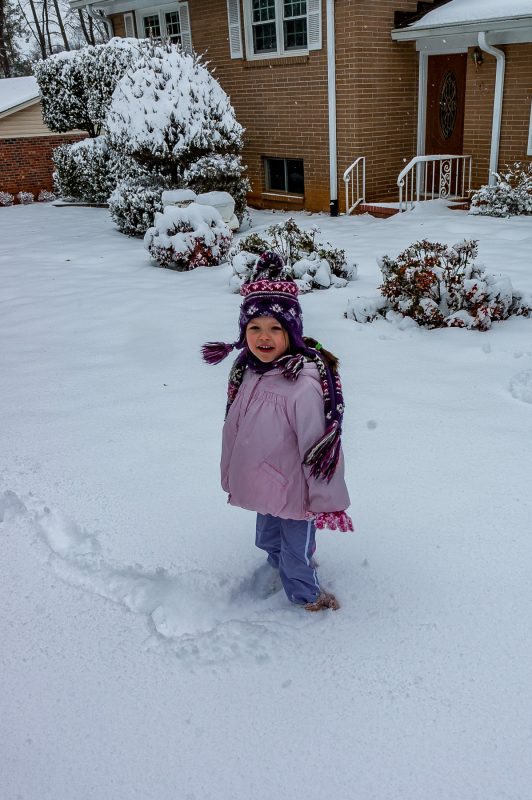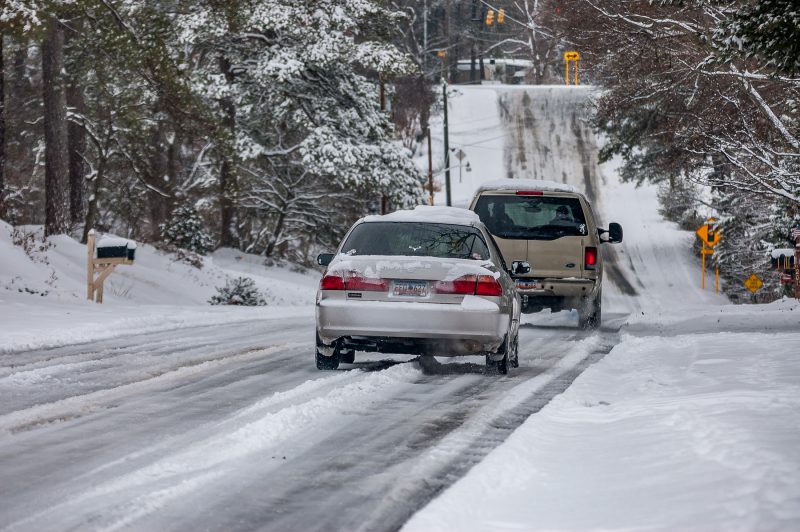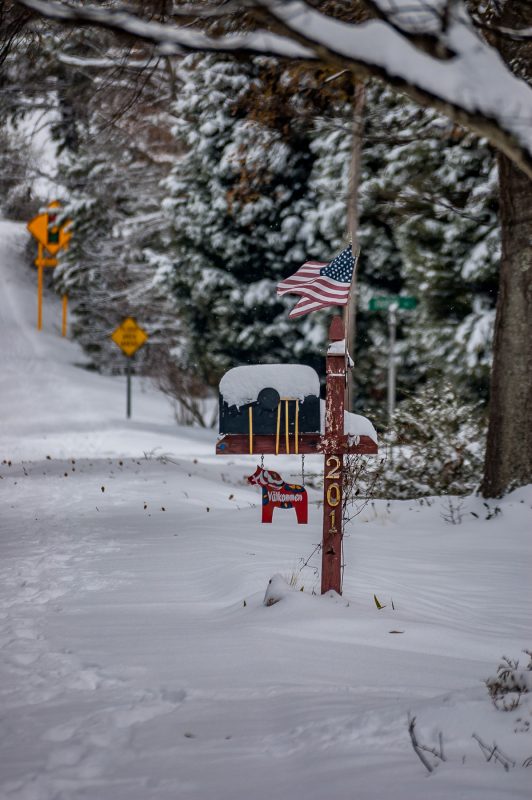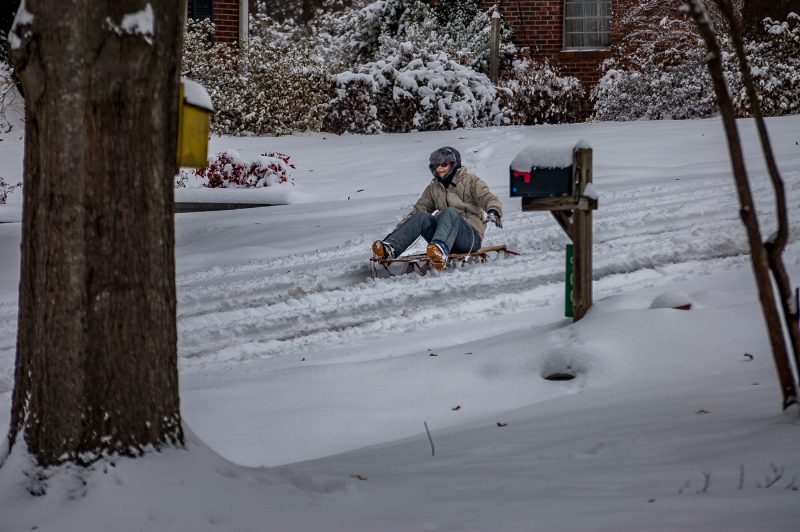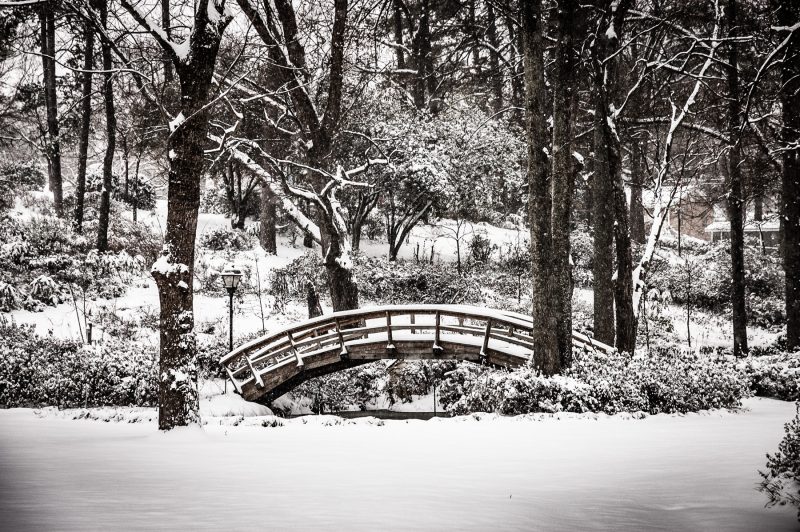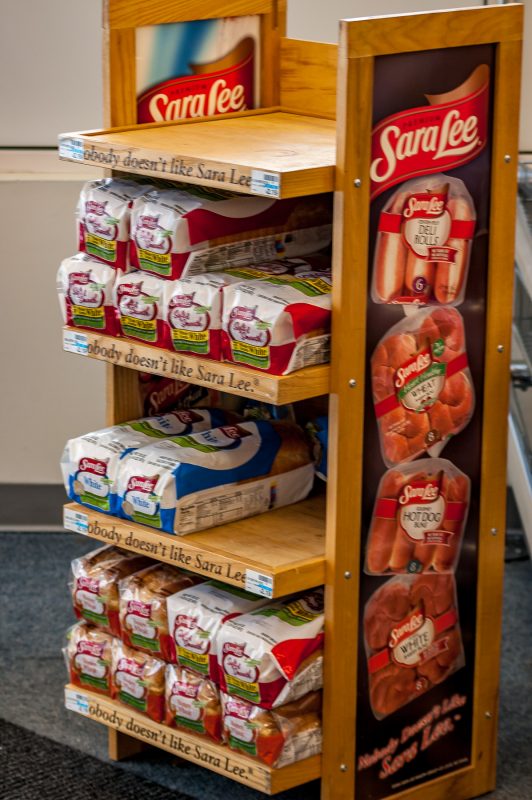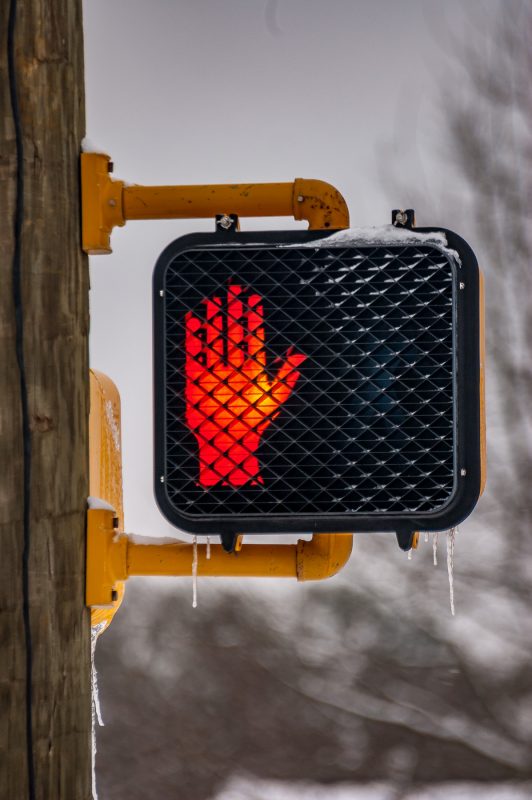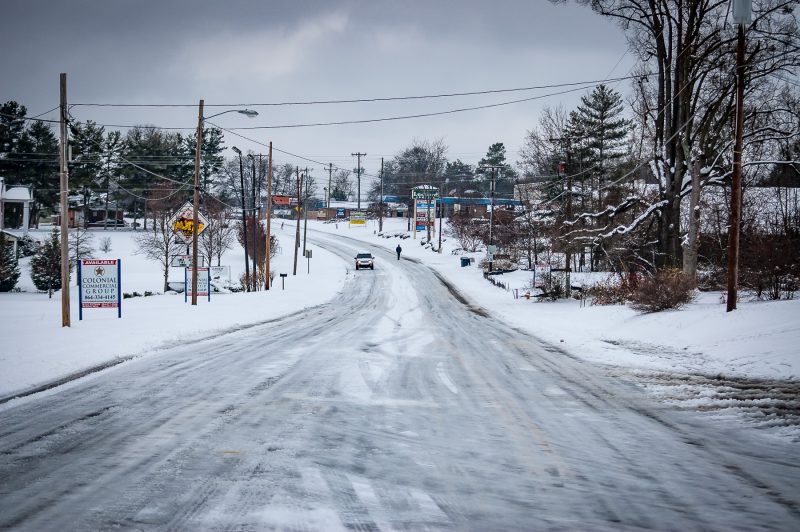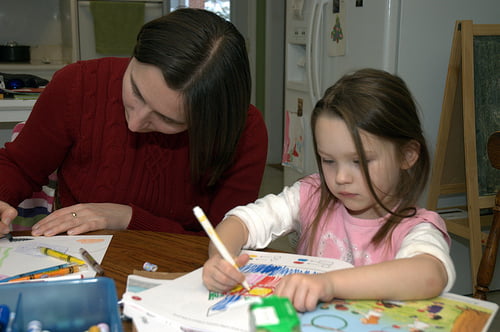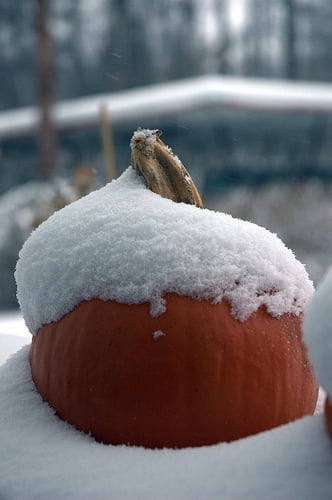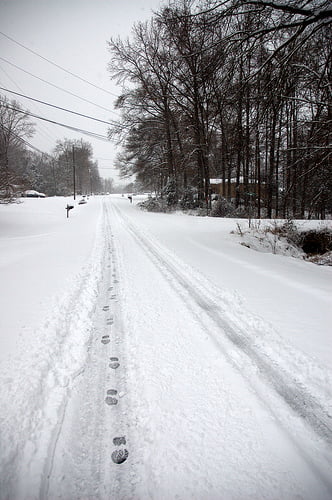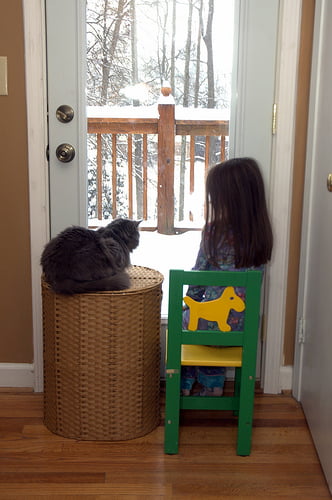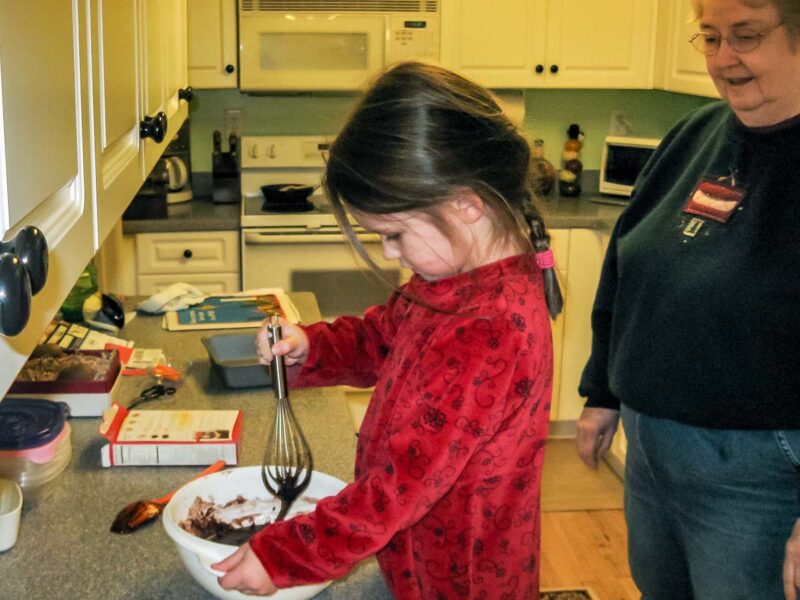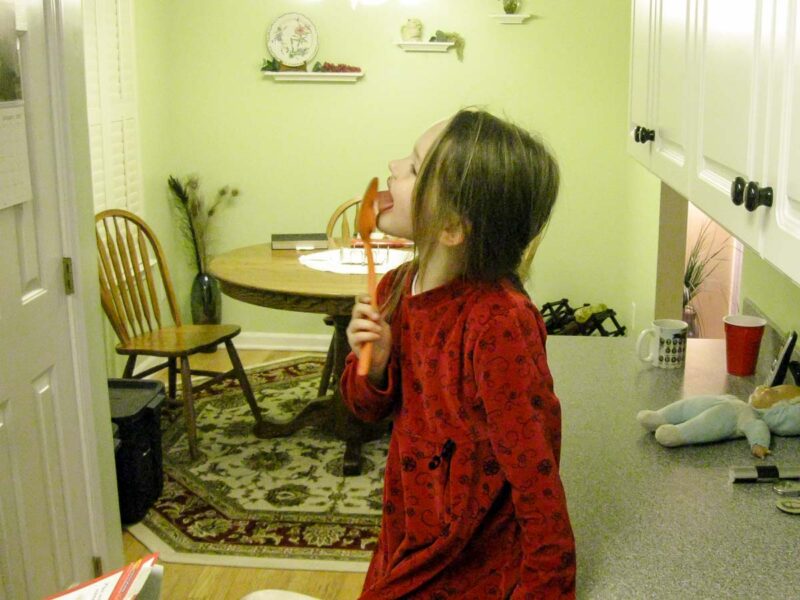It’s that time of the year, the highlight of my teaching year in many ways: I go over Romeo and Juliet with my English I class. I know I’ve mentioned this before, even at roughly the same time of the year. (The start of the second semester is just such a perfect time to begin the most challenging read of the year.) I suspect I’ll be writing about it every January, because I get such a thrill out of introducing a new group of kids to arguably the greatest writer in English.
It’s such a time of uncertainty for the students. Shakespeare has held such a vaunted place in their imaginations for so long that they’re certain it will be the most stilted, boring bunch of aristocratic nonsense they’ve ever encountered.
And then they hear the nurse making one sexual innuendo after innuendo: “I am the drudge and toil in your delight, / But you shall bear the burden soon at night.” They notice that Juliet is prone to making them, too:
‘Tis but thy name that is my enemy;
Thou art thyself, though not a Montague.
What’s Montague? it is nor hand, nor foot,
Nor arm, nor face, nor any other part
Belonging to a man.
They see Mercutio being a positively provocative smartaleck: “And but one word with one of us? couple it with / something; make it a word and a blow.” They find themselves not liking characters: “Mr. Scott, Romeo is kind of creepy in a way.” And out of the seeming blue, they find themselves able to follow three scenes (2.4-2.6) in a recorded performance without the aid of the text before them.
Every day, I ask the same question: “On a scale of one to five, how difficult are you finding Shakespeare now?” I ask students to hold up the number of fingers to express their difficulty with the text. After the first reading of the prologue, it was all fives. Now, after two acts, it’s a mixture of fours, threes, and twos.
I have the privilege of watching 100+ eighth graders grow and develop over the course of nine months. I see them developing self-control, self-confidence, and occasionally even calm humility, but these are part of the natural course of growing up. Seeing them gradually make their peace with an author they feared only months before (and I can claim all 100 for this, for everyone in my classroom comes to terms with the Bard at some point and some level) is something I can claim at least partial credit for, and it’s one of the many thousands of reasons I can’t imagine doing anything else.

